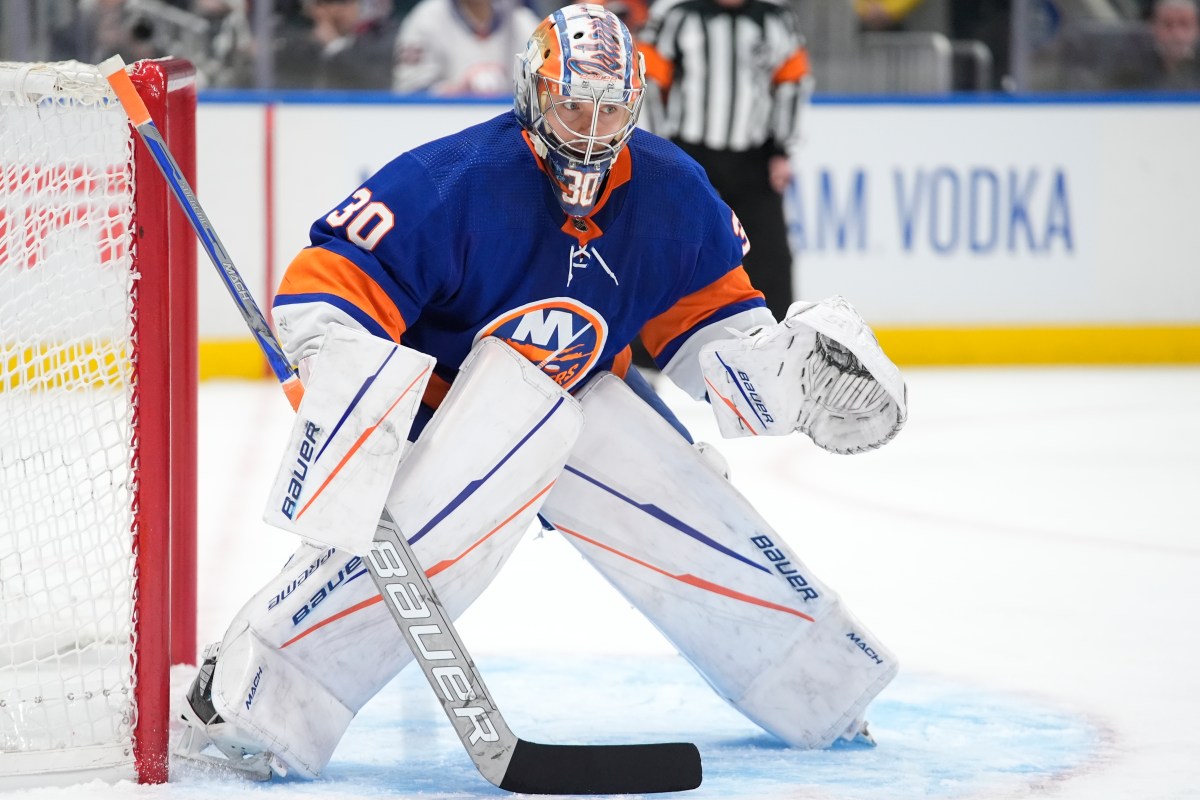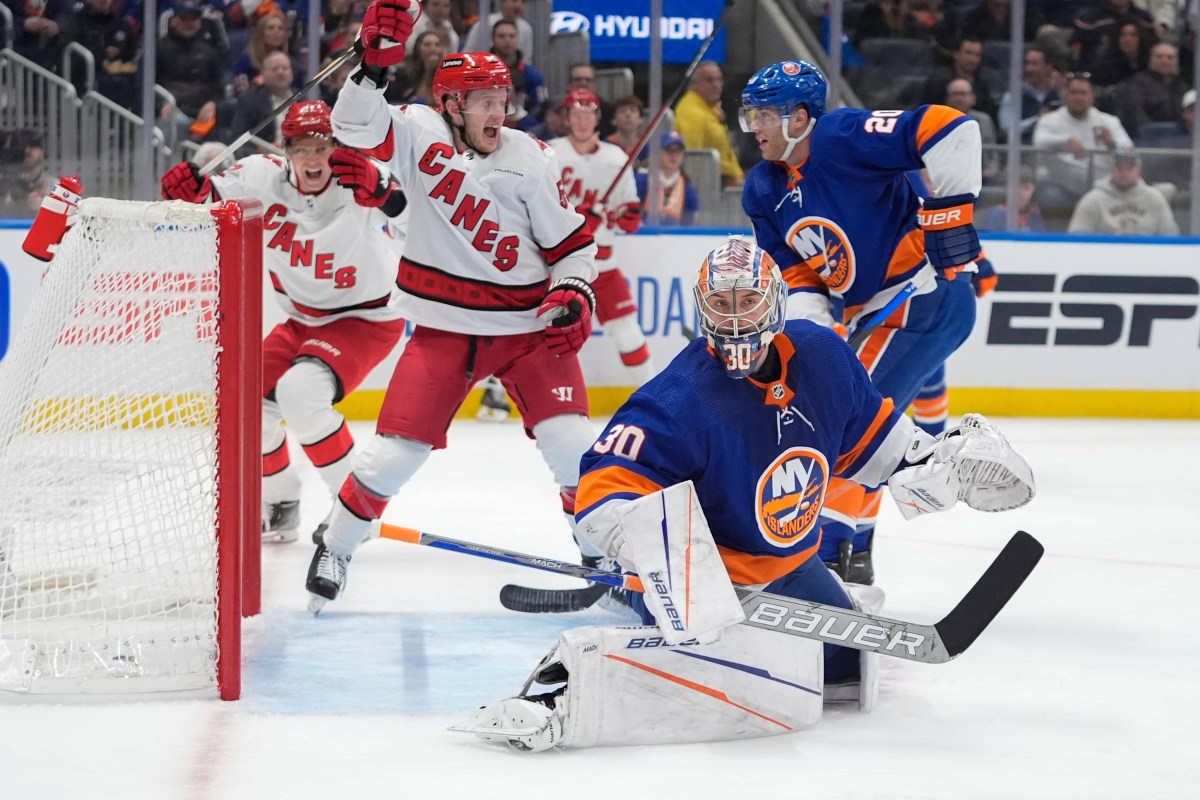 Pussy Riot member Maria Alyokhina (left) and Nadezhda Tolokonnikova in court.
Pussy Riot member Maria Alyokhina (left) and Nadezhda Tolokonnikova in court.
Credit: Andrey Svitailo/Metro Russia
The recently freed members of the punk protest group Pussy Riot will be less musical and even more political as they fight for human rights in Russia. Maria Alyokhina and Nadezhda Tolokonnikova have revealed plans to set up a new human rights organization called Zona Prava (Justice Zone), which will focus on protecting prisoners’ rights.
The pair hope to collaborate with former tycoon and Kremlin critic Mikhail Khodorkovsky, who was also released in a broad amnesty just weeks before the Winter Olympics in Sochi.
Alyokhina and Tolokonnikova spoke to Metro about their new project, the future of Pussy Riot and their thoughts on the Sochi Games.
Metro: When will your human rights organization begin to work?
Alyokhina: In late January, our organization Zona Prava will be officially registered. Even before this its website will be set up, and all the information about it will appear across social networks.
What will be the first actions Zona Prava will carry out?
Alyokhina: The very first actions will be directed towards specific people with whom we are connected; they are convicted women who testified before human rights activists about what’s going on in the penal colonies. These people are subjected to repression, and we intend first and foremost to legally protect them. The issue is about court cases and grievances made against various departmental and prosecutorial authorities.
Mikhail Khodorkovsky has also been released under amnesty. Will you collaborate with him?
Tolokonnikova: It’s possible. A collaboration with Mikhail Khodorkovsky is still being considered, but for now we are not able to say anything concrete. Information on how he responded to our proposal is confidential.
Will Pussy Riot ever perform again?
Tolokonnikova: It still exists and will continue to exist. Pussy Riot produces songs and videos but has long ceased to be a group – it has turned into a social movement, which in future will continue to evolve.
The Winter Olympics in Sochi take place next month. Will you boycott them?
Tolokonnikova: Yes, as citizens of Russia, we will boycott the Games. We will also call for all Russian citizens who do not agree with the current government’s policy, as well as foreign representatives of different countries and companies, to boycott the event.
Pussy Riot: from protest to prison
• February 21, 2012: Five members of Pussy Riot perform a profanity-laced “punk prayer” protest against President Vladimir Putin in Moscow’s Christ the Savior Cathedral, the city’s main Russian Orthodox church.
• March 5, 2012: Maria Alyokhina and Nadezhda Tolokonnikova are arrested on a charge of hooliganism. Another band member, Yekaterina Samutsevich, is arrested later.
• July 20, 2012: The band’s trial opens in Moscow. Putin says the three women “should not be judged too harshly.”
• August 7, 2012: The three are convicted and given two-year prison sentences.
• October 10, 2012: A Moscow appeals court orders Samutsevich released, but upholds the sentencing for Alyokhina and Tolokonnikova.
• October 24, 2012: The pair begin serving their sentences at remote prison camps.
• September 23, 2013: Tolokonnikova begins a hunger strike protest. She is moved to a medical ward after refusing food for five days.
• December 23, 2013: The two are released under a new amnesty law passed by the Russian parliament, but describe their release as a public relations stunt by the Kremlin ahead of the Sochi Winter Olympics.
















